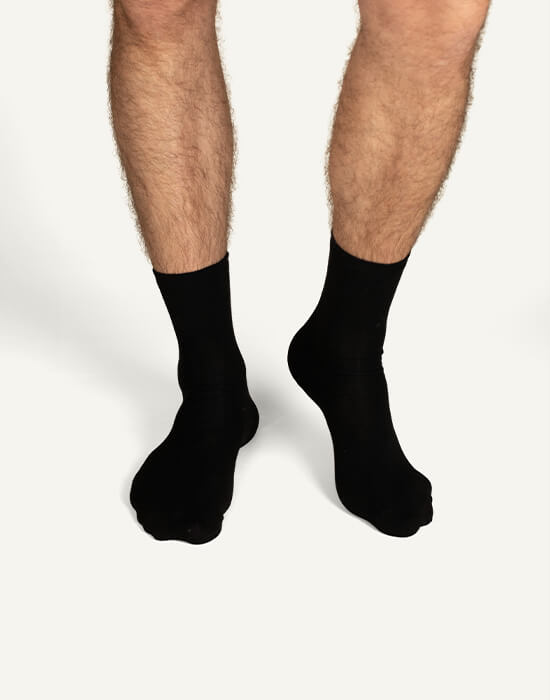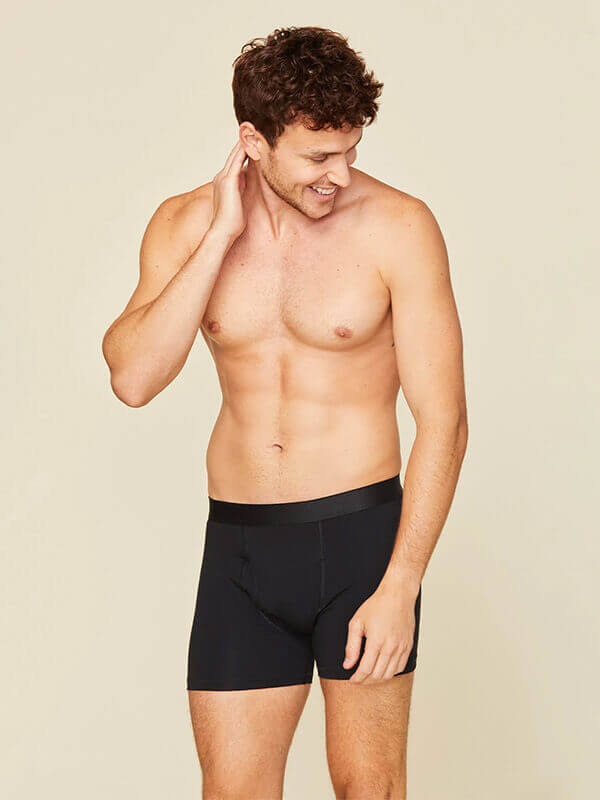Here at Subset, we know the world of sustainability can oftentimes feel overwhelming - what does carbon neutral mean? What qualifies as Fair Trade?
We’re here to simplify it for you.
Carbon Dioxide Equivalent
The 6 Kyoto Protocol-defined greenhouse gases have varied potencies when released into the atmosphere, meaning that a small amount of one gas can have the same impact as a large amount of another gas. In order to report emissions in one figure, emissions of all gases are often converted to the equivalent amount of carbon dioxide (the most pervasive greenhouse gas) released, instead of reporting the emissions of each individual greenhouse gas. This figure is usually denoted as CO2e.
Carbon Emissions
Carbon emissions refer to the release of the 6 Intergovernmental Panel on Climate Change (IPCC)-defined greenhouse gases into the atmosphere. When these gases, which include carbon dioxide, methane and nitrous oxide, are absorbed in the atmosphere, they trap additional heat on Earth’s surface. This additional heat leads to an increase in average temperatures on Earth (global warming), which in turn, leads to climate change.
Carbon Fooprint
A carbon footprint is the total carbon dioxide equivalent emissions resulting from a process, product or entity’s operations. Subset's carbon footprint is the sum of the emissions from our business operations, including those resulting from third-party activities related to Subset business (manufacturing, fulfillment, shipping, etc).
Carbon Neutral
Carbon neutral refers to a process or entity that has reduced or offset the entirety of its carbon footprint, meaning that its net emissions are zero.
Carbon Offsets
Carbon offsets are certificates of investments in projects that help to prevent, reduce or sequester emissions. Examples of offset projects include wind turbine installation, reforestation, forest conservation, and biogas capture from landfills. Verified offset projects are rated to prevent, reduce or sequester a certain amount of carbon dioxide equivalent emissions per dollar invested. Therefore, organizations and individuals can invest enough in a project to match the amount of carbon they emitted from an activity or process, and reach net zero emissions from that activity or process.
Fair Trade
The Fair Trade Standard ensures that workers are treated fairly, receive living wages and reasonable working hours, and are not subject to any abuse or potential harm while doing their job. Factories can become Fair Trade certified in order to ensure and verify that the standards are met.
GOTS (Global Organic Textile Standard)
GOTS is the most stringent and widely recognized organic textile processing standard. GOTS certification ensures that factories are maintaining the organic integrity of the textile and adhere to strict social and environmental standards.
Life Cycle Assessment (LCA)
A life cycle assessment (LCA) measures the impact of a product or process at every stage of its production, use, and disposal. The full scope of an LCA, commonly referred to as “cradle-to-grave” begins with the extraction of materials and continues through the product’s or process’s end-of-life. Life cycle assessments can measure water use, carbon emissions, water pollution, and many other impact categories.














































